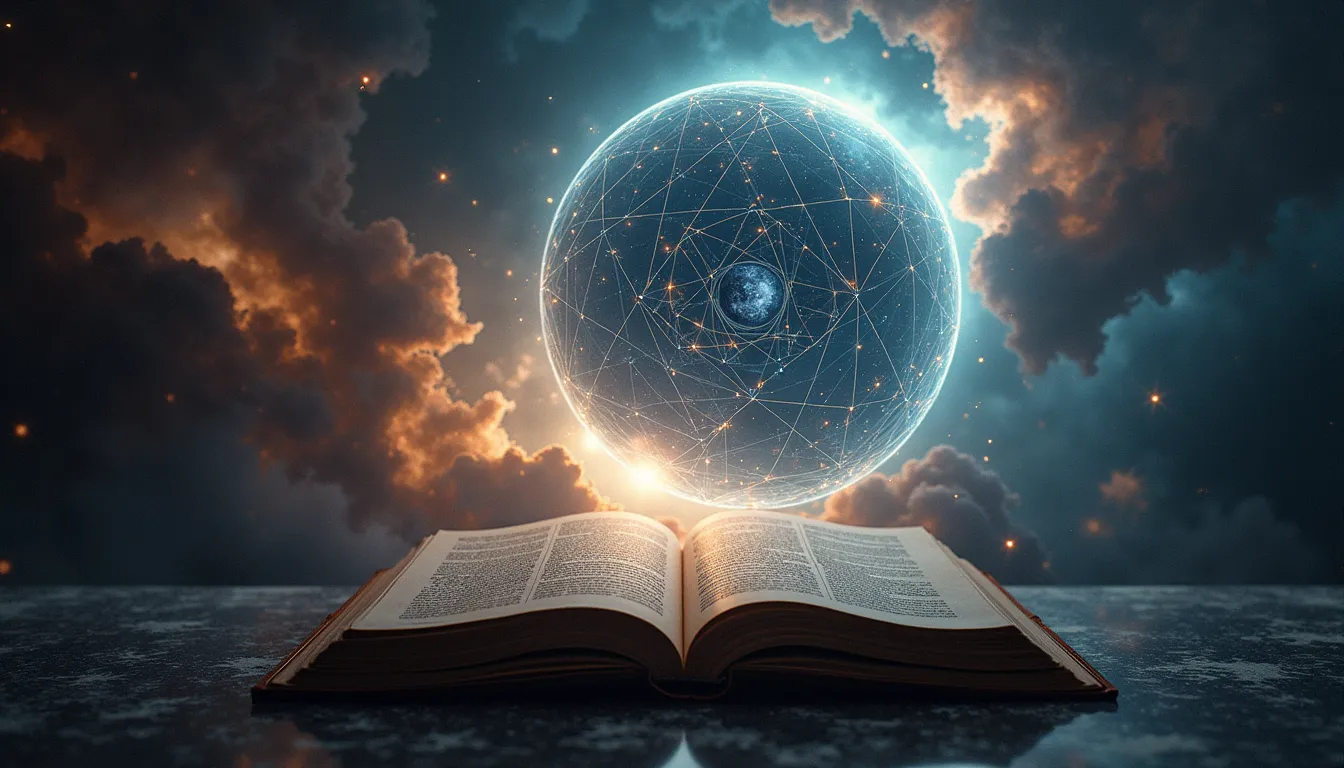Articles
Insights on market research, product research, UI/UX studies, expert networks, AI, and more. Updated regularly.

Fraud Free Research
How to tackle online survey fraud in market research: strategies and solutions
Protect your research from fraud. Explore strategies to detect, prevent, and manage online survey fraud in market research.
.webp)
UI/UX Research
Understanding user research: Methods, examples, and how to use it in product development
Discover how user research drives product success through understanding real user needs, behaviors, and motivations—leading to informed design decisions that truly resonate with your audience.
.webp)
Market Research
Addressing key market research challenges in 2025
Explore the future of market research in 2025 with innovative solutions to overcome modern challenges. Learn how self-serve platforms, AI-powered tools, and advanced data quality methods are transforming research strategies.
.webp)
Market Research
Navigating the future of buyer behavior: How market research can help you understand your customers
Consumer behavior is evolving rapidly in 2025. Explore key trends like hyper-personalization, ethical purchasing, and omnichannel integration.
.webp)
Market Research
The importance of market research for businesses in 2025
Market research is crucial for making informed decisions, understanding customers, and staying ahead of trends. Learn how it drives business success in 2025
.webp)
Market Research
Mastering market validation: How entrepreneurs can confirm demand before building
Validate your business idea before you build. Learn how market validation helps entrepreneurs confirm real demand and avoid costly product failures.
.webp)
Market Research
Generative vs evaluative research: Choosing the right approach
Learn the difference between generative and evaluative research—and how to use both to build user-centered, high-impact products.
.webp)
Affinity mapping
Affinity mapping in UX: Why sticky notes still rule in a digital world
Turn sticky notes into strategy. Learn how affinity mapping helps UX teams synthesize research and make better product decisions.
.webp)
Customer Personas
What are customer personas in market research
Learn what customer personas are in market research and how they help you understand your audience, tailor messaging, and improve marketing outcomes.
.webp)
Market Research
Gestalt psychology in Market Research: How consumer perception shapes decisions
Gestalt psychology explains how consumers perceive brands, ads, and products. Learn how its principles shape market research, UX, and consumer behavior.
.webp)
Customer Experience
Why customer satisfaction is crucial in market research
Customer satisfaction isn't just a metric—it's a powerful driver of business success, and market research helps measure, understand, and improve it.
.webp)
User Experience
12 essential UX metrics to enhance your design strategy
Discover essential UX metrics to measure user experience effectively. Learn how to track usability, engagement, and retention to enhance your design strategy.
.webp)
Expert Networks
How to choose the right expert network for your business
Find the right expert network to gain real-time industry insights and specialized expertise. Compare models, pricing, and vetting processes.


.webp)
.webp)
.webp)
.webp)
.webp)




.webp)

.webp)
.webp)
.webp)
.webp)
.webp)
.webp)
.webp)


.webp)



.webp)



.webp)
.webp)
.webp)
.webp)
.webp)
.webp)
.webp)
.webp)
.webp)
.webp)
.webp)
.webp)
.webp)
.webp)
.webp)
.webp)
.webp)
.webp)
.webp)
.webp)
.webp)
.webp)
.webp)
.webp)
.webp)
.webp)
.webp)
.webp)
.webp)
.webp)
.webp)
.webp)
.webp)
.webp)
.webp)
.webp)
.webp)
.webp)
.webp)
.webp)
.webp)
.webp)
.webp)
.webp)
.webp)
.webp)
.webp)
.webp)
.webp)
.webp)
.webp)
.webp)
.webp)
.webp)
.webp)
.webp)
.webp)
.webp)
.webp)
.webp)
.webp)
.webp)
.webp)
.webp)
.webp)
.webp)
.webp)
.webp)
.webp)